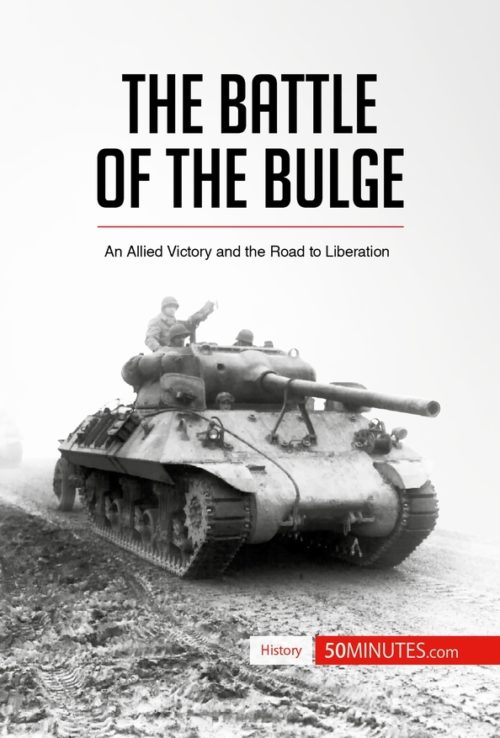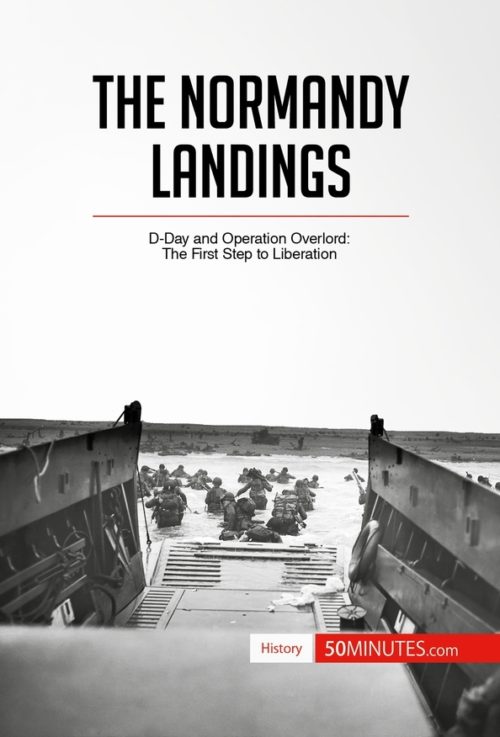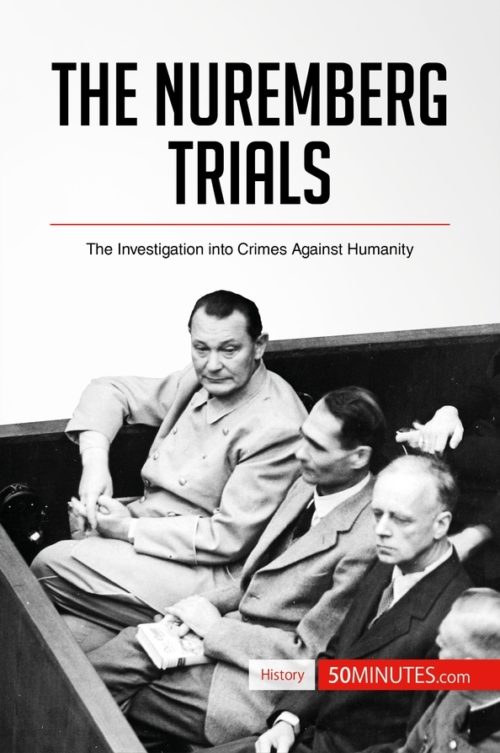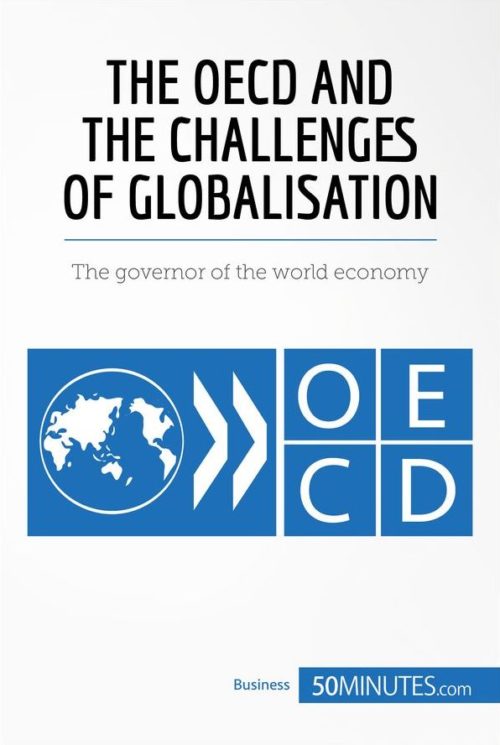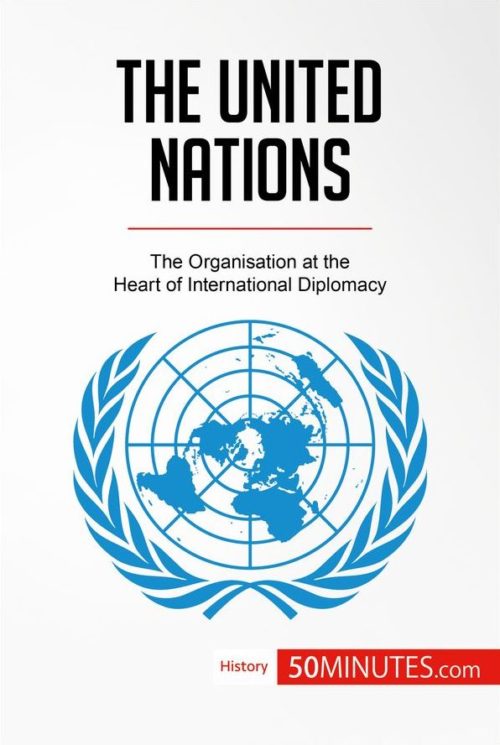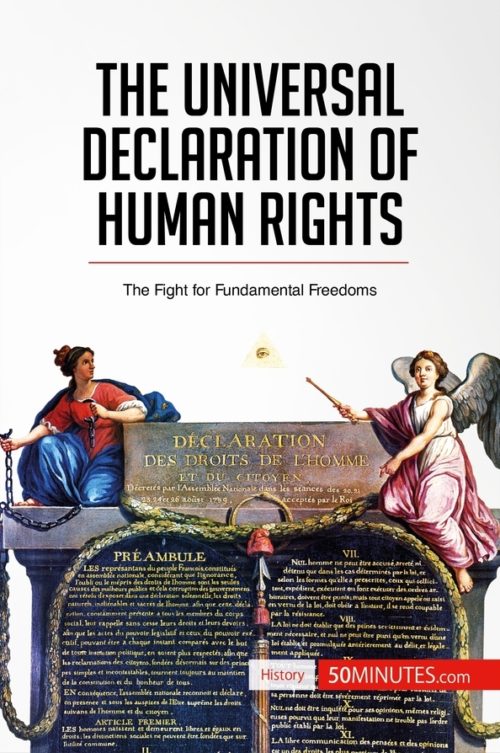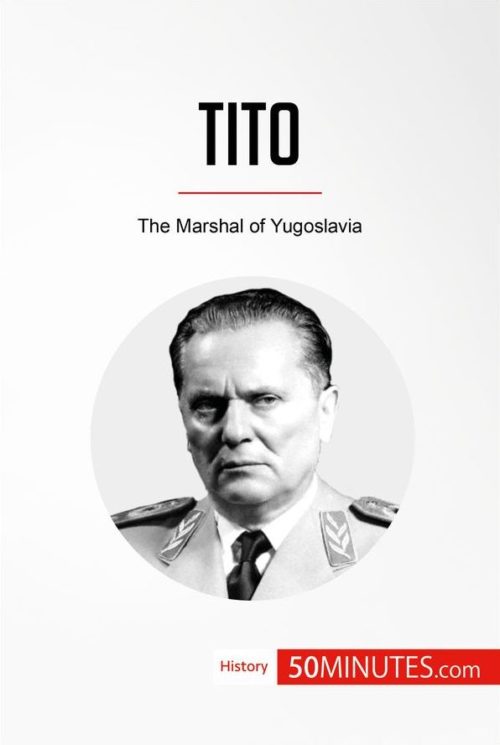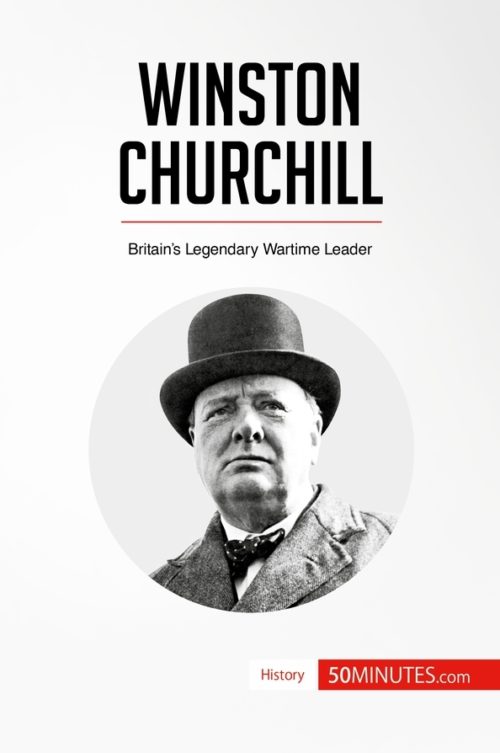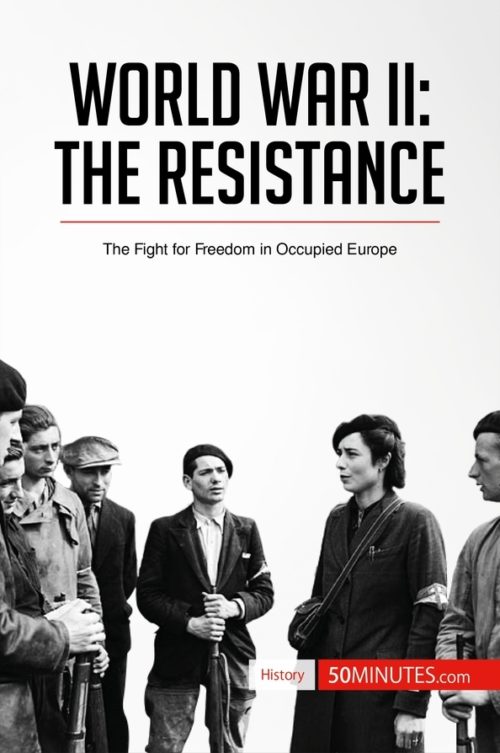The Battle of the Bulge began in late 1944 with the last major German offensive of the Second World War. Following the Normandy landings earlier that year, the German army was in a weakened state, so this offensive was an attempt to cripple the Allied armies by dividing them and cutting off their supplies. Although the Allies were initially caught by...
Read more
-
On 6 June 1944, Allied forces, carried on ships along with weapons and tanks, landed on the beaches of Normandy. The Normandy landings, also known as the D-Day landings, were one of the major operations of the Second World War and paved the way for the Allied victory on the Western Front. In the largest seaborne invasion in history, some...
Read more -
The Nuremberg trials were the first international military tribunal in history and aimed to make key figures in the Third Reich answer for their crimes. They took legal action against 24 Nazi leaders, including Herman Göring, and 8 different organizations on charges of conspiracy, war crimes, crimes against peace and crimes against humanity. In just 50 minutes, you will find out how these trials...
Read more -
Learn about the OECD and the challenges of globalisation in just 50 minutes with this practical and concise book. The Organisation for Economic Co-operation and Development is a body which aims to regulate international trade and encourage cooperation between countries. It also provides governments with analyses and recommendations in order to promote more effective social and economic policies. This book...
Read more -
With 193 member states, the United Nations (UN) is a key organisation on the global stage and plays a crucial role in international relations and diplomacy. It emerged in the aftermath of the Second World War, superseding the largely ineffectual League of Nations, and is now known for its many activities spanning areas such as peacekeeping, humanitarian aid and international development....
Read more -
The Universal Declaration of Human Rights, passed on 10 December 1948, was one of the most significant milestones of the 20th century. It was the first text to recognize that each individual is entitled to fundamental rights and freedoms which make us all equal to one another, regardless of nationality, religion, profession or ethnicity. In just 50 minutes, you will find out...
Read more -
Josip Broz Tito was the first President of the Socialist Federal Republic of Yugoslavia, holding the role from 1953 to his death in 1980. After distinguishing himself in the resistance during the Second World War, he played a crucial role in shaping the new federal state and went on to defy Stalin, calling instead for a “third way” between the Eastern...
Read more -
Winston Churchill was the British Prime Minster during the Second World War. Known in particular for his role in the Allied victory over Nazi Germany, Churchill was a respected politician who is considered to be one of the greatest British leaders of the 20th century. However, a lesser-known fact is that Churchill was also a historian and a writer, and...
Read more -
The Resistance was a massive movement which swept across much of Nazi-occupied Europe in an effort to drive out the invading German forces. It was a clandestine effort which aimed to fight against the occupiers in any way, through civilian resistance, humanitarian resistance and armed resistance. It is therefore difficult to actually define the movement, because this "resistance" took many forms...
Read more
